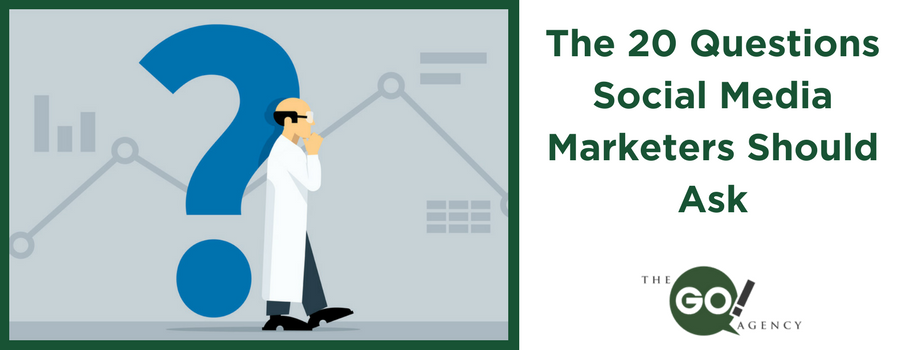When someone first signs up on a social media platform for personal use, they are forced to think about themselves a great deal. Facebook, Instagram, LinkedIn, and all the other sites want you to create a cohesive digital identity on their sites for several good reasons. It will help tailor content to your specific interests, allow people you know to find you, and allow the social media experience to be the personalized journey it was always meant to be. That being said, even for those creating a personal profile, it can be a daunting task to answer all these questions. Creating a social media presence for your business can be just as challenging.
As a business owner, you should already know your company inside and out. But how well do you really know your work? There’s no doubt that your knowledge about your enterprise will be put to the test when setting up your social media pages. Yet this goes beyond knowing your mission statement or hours of operation. You have to ask yourself what the goal of your marketing is. What do you want out of your social media marketing journey?
I created the following questionnaire that you should keep handy when starting out. As you will see, most business owners will be able to answer some of these questions. However, others will require a bit more thought. Have your marketing team ready to do some some soul-searching for the sake of the business!
1. What is your industry?
2. Who is your perfect customer? Which demographics do they belong to?
3. Do they interact with your business online or in person?
4. If you were a customer, what information would be needed to have a successful and positive experience?
5. What are your business’s basics? (Hours of operations, address, phone number, email, website, etc.)
6. What is the tone of your brand’s message?
7. What are your spotlight products or services?
8. What products or services are the most profitable?
9. What is your desired geographical reach? (The people in your town? In your state? In your country?)
10. What is your business’s online presence before social media?
11. What content does your ideal customer actually enjoy to read, listen to, or watch?
12. What content do your competitors share?
13. What online presence do your competitors have?
14. How much are you willing to spend on social media advertising?
15. What visuals do you have at your disposal?
16. Who are the thought leaders in your field?
17. What news sources can you incorporate into my mix?
18. What are the busy and slow times for your team?
19. What pre-existing marketing material (blogs, podcasts, banners, etc.) do you have to use?
And of course the ultimate question:
20. What is your marketing goal?
The reason why number 20 is so critical is due to social media’s diverse possibilities. A somewhat outdated mentality when looking at marketing is trying to figure when and how you are going to get your money back. In other words, return on investment, or ROI. However, while return on investment is important, there is another ROI that should be considered – return on influence. Social media has the ability to increase your stance as a legitimate and influential thought leader in your industry with a large following. Keeping this in mind, your ultimate marketing goal could be the following:
– Increased website clicks
– More blog visits
– Increased podcast listens
– More substantial sales inquires
– Improved lead generation
-Better quality customer service and communication
Social media marketing can do all this and much more, but you have to figure out what your business’s particular focus needs to be, otherwise your online marketing strategy will be a mess and not produce anything at all.
As you go through this book’s many lessons, keep in mind your answers to this questionnaire and determine how your goals can benefit from these strategy ideas.











